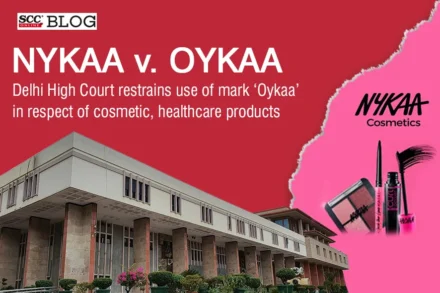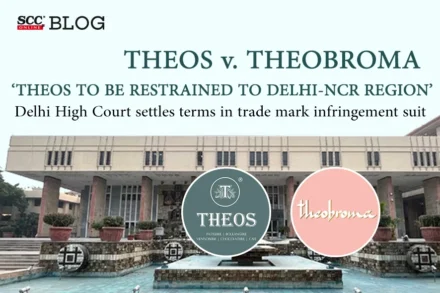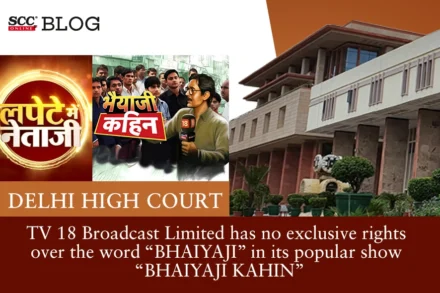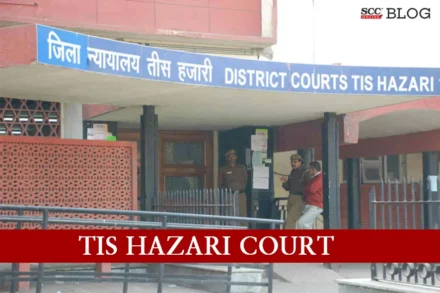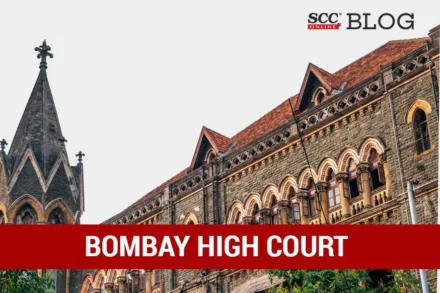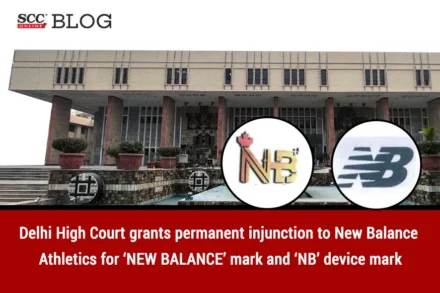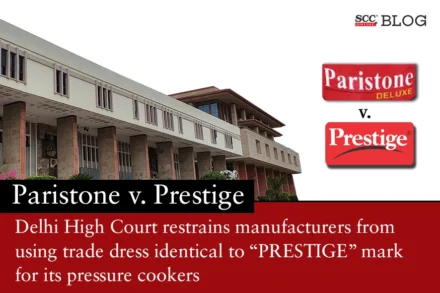
[Paristone v. Prestige] Delhi High Court restrains manufacturers from using trade dress identical to “PRESTIGE” mark for its pressure cookers
“That defendants have chosen to imitate the manner in which plaintiff prints its logo is itself testimony to the goodwill and reputation of plaintiff, in the perception of defendant itself.”




